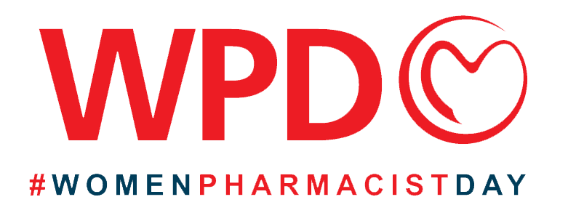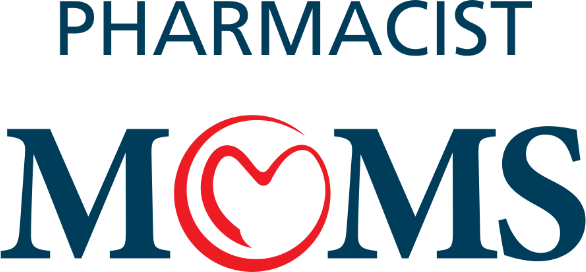Guide to Buying an Independent Pharmacy
Whether buying your first business or tenth, acquiring an independent pharmacy presents unique challenges. Similar to any retail business, you’ll be performing your due diligence evaluating [...]
What do you need to consider buying an independent pharmacy?
Whether buying your first business or tenth, acquiring an independent pharmacy presents unique challenges. Similar to any retail business, you’ll be performing your due diligence evaluating:
- Location: What’s the neighborhood like demographically? What kind of walk-by or drive-in traffic might you expect? What type of competition are you up against?
- Property: Is the building owned or leased? What repairs or renovation will be needed? Can it support the business needs you envision?
- Inventory: What OTC, DME, beauty, giftware or other categories of inventory are currently sold? What is included as part of the sale?
- Staff: What are the current staffing levels and related costs? Who are the current team members? What are their skills and Who is essential?
- Financial viability: Is the business worth the price?
But when you buy an independent pharmacy, there are more dimensions to understand about each of these elements. They involve additional evaluation, regulation, legal and financial guidance to determine what may or may not be a good buy for you. Below is a guide to some things to consider as you make your plans.
Customer Sources
When scoping out the potential for the customer-base to an independent pharmacy, you want to go beyond the basics of who lives and/or works nearby. You’ll want to understand the impact/effect of:
- Prescribers/Healthcare Providers (Practices/Hospitals/Freestanding Specialty or Urgent Care) nearby:
- Who do they serve?
- What volume of business might they help drive to you?
- What size practice and/or type of facility? Inpatient or outpatient?
- Do they provide specialty care that would need to be taken into account when planning inventory: prescription, OTC and/or DME?
- Based on those healthcare facilities, would compounding services be appropriate and/or be a profitable offering?
- What relationships (formal or informal) exist between the pharmacy and each of the practices/facilities? What new ones might you consider adding or editing?
- Large employers in the area:
- What insurances do they offer?
- And more importantly, who are their PBMs? Which PBM agreements does the pharmacy currently have in place? Which ones should the pharmacy have in order to optimize the opportunity to attract new clients?
- Proximity to senior or assisted living facilities:
- How large a community?
- Is there a competitor that services their needs already?
- How close is the facility to the pharmacy you are considering?
- Does the residents’ bus stop near or at the pharmacy now?
There are many potential sources for customers but there are also many possible obstacles. Dig deep to get a complete picture.
What is the pharmacy’s reputation?
Perception and Reputation
As you evaluate the potential for new or returning customers, you’ll want to understand the community’s perception of the pharmacy. Are they known for great service? Good value? A clean and easy to navigate retail space? A well-lit and safe parking lot and entry way? Or have they been perceived as being substandard in one or more ways? Are there any concerns about safety and security in the area in general? Understanding what you may have available to leverage – or overcome – can factor into your assessment of the value and feasibility of the business.
Legal and Regulatory Compliance
Whether it is complying with HIPAA, documentation for controlled substances, or meeting state licensure requirements for pharmacists and pharmacy techs, the success of this business relies on strict adherence to all the relevant rules and regulations. And there are many. As you assess a pharmacy for purchase, you’ll want to understand whether they’ve been compliant or if there are issues that could impact either your acquisition or the possibility of retaining staff.
Where to Begin
With so much information to research, compile and interpret, you need an advisory team who understand independent pharmacies and have the right expertise. This could include:
- Attorneys
- Marketing/market researchers
- Insurance agents
- Accountants/CPAs
- Loan officers/financial advisors
Putting together a team who has the experience to guide you through the intricacies of the process can help make buying your independent pharmacy a more successful venture.









.png)



